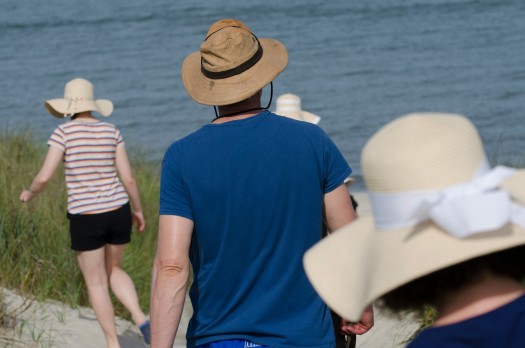Summer is here and there is no better way to enjoy the weather than to be outdoors. It is a great way to stay active, improve mental health and receive your dose of vitamin D. But don’t forget to be conscious of the heat!
Your body does well managing heat until its core temperature rises above 104 F. This overexposure to heat can result in a medical emergency known as heat stroke.
“Your body will respond with dilated blood vessels, increased sweat production, decreased heat production and cause behavioral changes. Heat stroke can result in seizures and even death if left untreated,” said Dr. Kevin Lewis, medical director of TBH’s Emergency Department.
Several risk factors play a role in heat illness, Dr. Lewis explained. Young children and the elderly are particularly vulnerable. Certain prescription medications, alcohol use and drug use also may increase the chance of heat-related illness.
“It is important to recognize heat illness doesn’t just occur outside but can occur in the home or a vehicle,” Dr. Lewis said.
Risk factors in the home may include poor insulation, sleeping on the top floor and lack of air conditioning.
Symptoms of serious heat-related illness are nausea/vomiting, headache, dizziness, malaise and altered mental state. If you are experiencing these symptoms, seek medical care and call 911.
Be aware of the risks and symptoms of heat stroke, taking care to plan your outdoor activities with breaks and access to shade. Make sure to always have water available to replace the losses from sweat.
The Bellevue Hospital Emergency Department is open 24 hours a day, seven days per week, to treat medical emergencies such as heat stroke.

